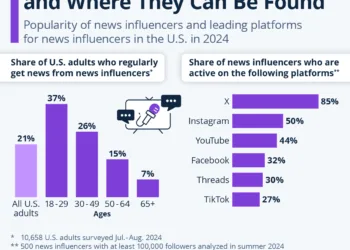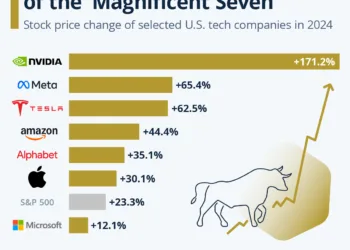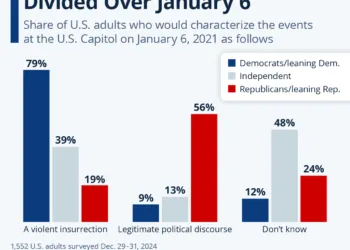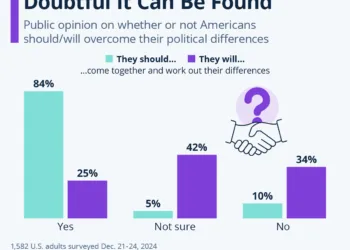The Shift in Meta’s Approach to Fact-Checking
The landscape of social media is ever-evolving, and the latest announcement by Meta, the parent company of Facebook, Instagram, Threads, and WhatsApp, underscores a significant transition in how the platform addresses misinformation. Recently, Meta disclosed its decision to terminate its third-party fact-checking program in the United States, choosing instead to implement a community-based approach known as "community notes." This move parallels a similar shift made by X (formerly Twitter) under Elon Musk’s leadership and marks a departure from established professional fact-checking practices.
The Context of the Change
Meta’s pivot towards community notes represents a broader trend in social media governance. This strategic shift is informed by the growing sentiments among users regarding freedom of expression. The company acknowledges the growing frustration over perceived overreach in content moderation, which some critics label as a form of censorship. Meta’s Chief Global Affairs Officer, Joel Kaplan, emphasized the commitment to maintaining platforms as spaces for free expression, highlighting that the presence of all types of content—good, bad, and ugly—is indicative of this commitment.
Meta’s Public Stance on Content Moderation
The rationale behind Meta’s decision is grounded in a desire to return to the principles of free expression. Mark Zuckerberg, Meta’s CEO, has openly admitted that the transition comes with risks: "The reality is that this is a trade-off," he noted. By scaling back on professional oversight, the company anticipates a reduction in the inadvertent removal of posts and accounts deemed innocent. However, this also implies a potential rise in the prevalence of false information on its platforms—a concern that critics have raised repeatedly.
The Public’s Perspective on Misinformation
The 2023 Pew Research Center survey sheds light on evolving public sentiment regarding misinformation online. This survey revealed a striking trend: a significant majority of Americans now desire increased restrictions on false information. Only 32 percent of respondents expressed a preference for upholding freedom of expression over combating misinformation, a marked shift from previous years. In earlier surveys from 2018 and 2021, a larger share of respondents had leaned towards free expression, indicating a growing urgency to address the issues related to misinformation online.
Implications for Social Media Platforms
Critics argue that Meta’s abandonment of thoroughly vetted fact-checking systems poses an imminent risk of misinformation proliferation on its platforms. This development is particularly concerning against the backdrop of a politically charged environment, where the lines between fact and opinion often blur. By opting for community-driven checks, Meta may inadvertently validate misinformation campaigns that thrive in the absence of robust oversight.
The Political Landscape Influencing Meta’s Decision
Interestingly, Meta’s recent policy change appears to align with political currents, particularly with the anticipated return of a Trump administration. Mark Zuckerberg’s move could be seen as an attempt to rebuild rapport with a segment of the political spectrum that has long criticized the company’s content moderation policies. Historically, platforms like Facebook have faced accusations of stifling conservative voices, prompting calls for reform in their content governance strategies.
Comparison with Other Social Media Platforms
As Meta adopts a community-focused approach, it joins other platforms that have taken similar stances. The transition of X under Elon Musk’s leadership showcased a willingness to scale back on formal fact-checking methodologies in favor of user-led management of misinformation. This trend raises crucial questions about accountability and the efficacy of crowd-sourced methods in addressing the pervasive challenge of misinformation on social media.
Meta’s decision to prioritize community notes signals a fundamental shift in how social media giants navigate the delicate balance between free expression and the fight against misinformation. The implications of this shift are likely to resonate well beyond the digital realm, influencing public discourse, political dialogue, and the overall landscape of information sharing in the years to come.










